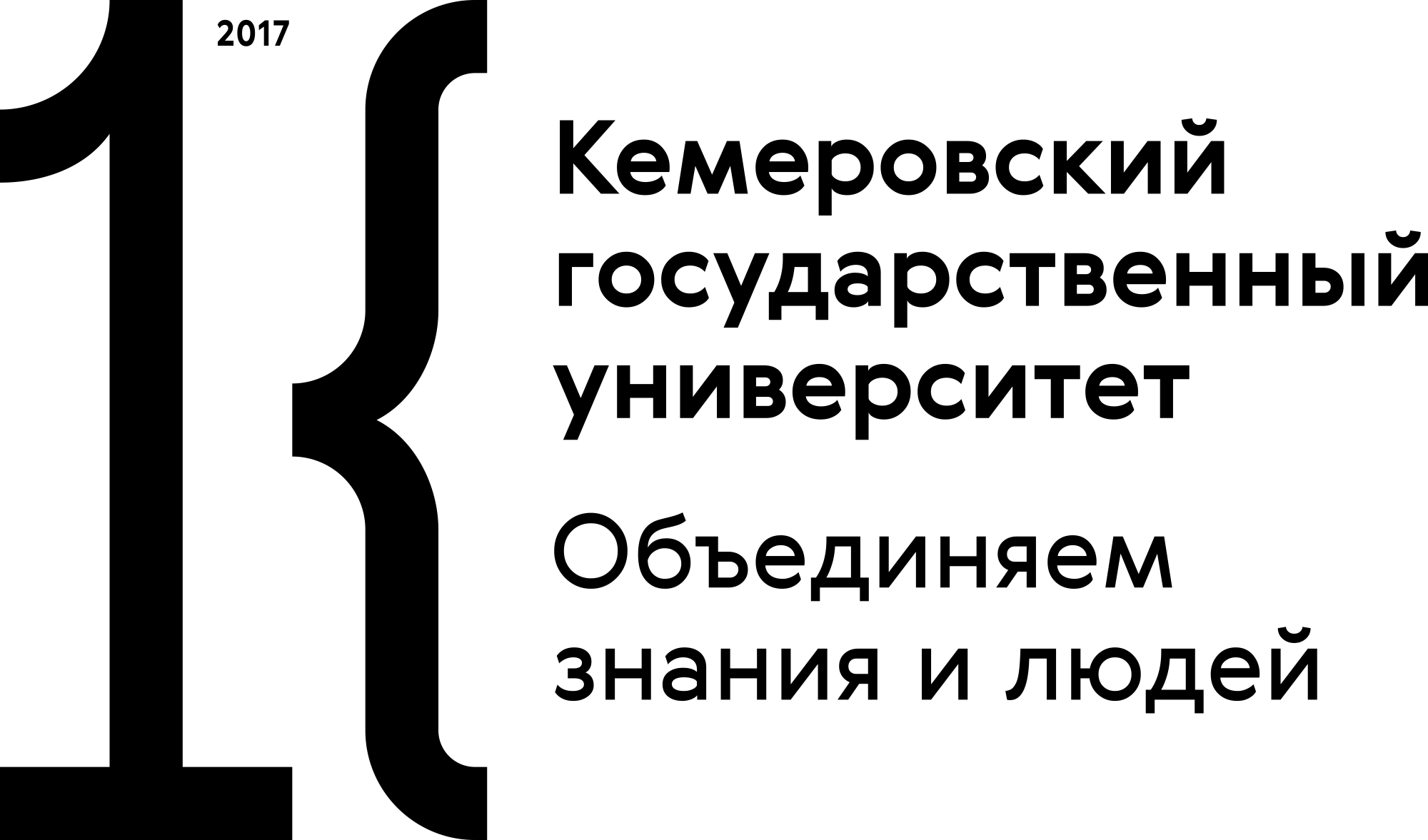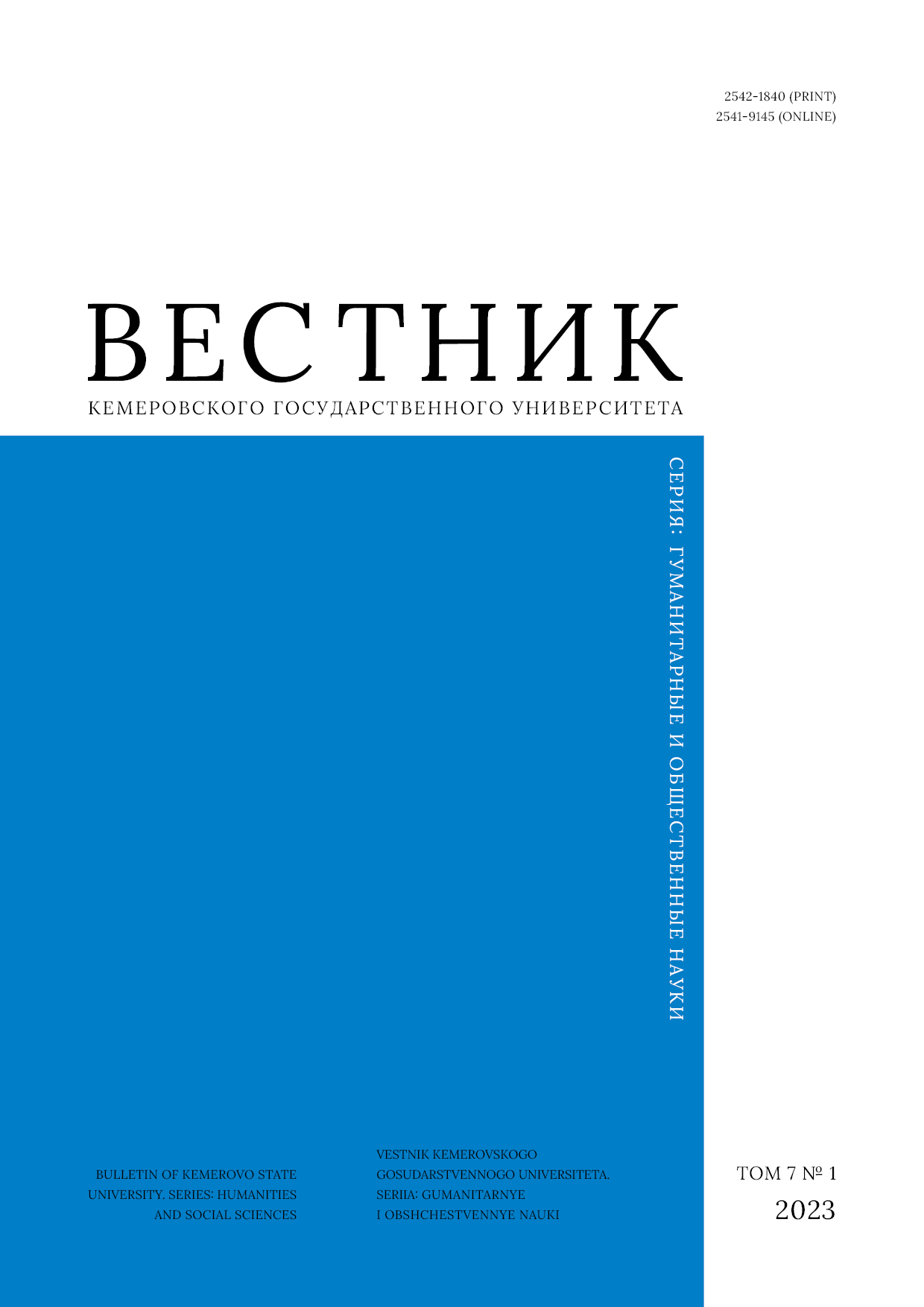Kemerovo, Russian Federation
The article introduces a comparative legal analysis of modern Slavic states in the sphere of lay participation. The methodological basis included general methods of cognition, as well as comparative the legal method (micro-comparison, diachronic, synchronic), the problem-chronological method, and the formal-legal method. The comparison was based on two main models of lay participation. The Shöffen model presupposes a collegium of a professional judge and non-professional assessors. The jury are independent from the judge and resolve issues of the fact of guilt or innocence, thereby formulating an acquittal or accusatory verdict. The study determined the widespread refusal of lay participation in justice in civil proceedings and its preservation as part of criminal trials in a special category of major crimes. Most Slavic states maintained the pattern of a judge and people’s assessors, which was established in the XX century in the countries of people's democracy. The Russian Federation replaced the Schöffen court with the jury trial.
lay participation, people's assessor, juror, court of Schöffen, justice, criminal proceedings, civil proceedings, judge
1. Lyakhov Yu. A., Malina M. A. Essence of constitutional right of the citizen on participation in administration of justice. North Caucasus Legal Vestnik, 2019, (1): 130-138. (In Russ.) https://doi.org/10.22394/2074-7306-2019-1-1-130-138
2. Gavrilova A. V., Komissarova E. L. General norms of non-professional people’s participation in justice: historical and legal analysis. Iuridicheskaia nauka, 2021, (1): 8-12. (In Russ.) EDN: https://elibrary.ru/COODCV
3. Nemytina M. V., Mikheeva Ts. Ts. The social relations and law in Soviet society. RUDN Journal of Law, 2017, 21 (3): 331-354. (In Russ.) https://doi.org/10.22363/2313-2337-2017-21-3-331-354
4. Koni A. F. Trial by jury and the trial with estate representatives. Zhurnal Ministerstva Iustitsi, 1895, (4): 32-60. (In Russ.)
5. Shukyurov A. T. Political causes of abolition of the institution of the jury members by the Bolsheviks. Izvestiya vysshikh uchebnykh zavedeniy. Povolzhskiy region. Obshchestvennye nauk, 2014, (2): 37-42. (In Russ.) EDN: https://elibrary.ru/SXGDAJ
6. Haskin I. Jury and Schöffen Trial. Zakon i Sud: Vestnik Russkogo iuridicheskogo obshchestva, 1930 (14-15): 471-474; (16): 503-506. (In Russ.)
7. Kozlov Yu. D., Sheynin Kh. B. People's assessors as equal judges. 2nd ed. Moscow: Iurid. lit., 1967, 72. (In Russ.)
8. Kozhevnikov M. V. History of the Soviet court. 1917-1956. Moscow: Gosiurizdat, 1957, 383. (In Russ.)
9. Lagovner N. People's Court. Lectures of correspondence courses of Soviet construction. Moscow, 1930, 37. (In Russ.)
10. Perlov I. D. Court and justice in the USSR. Moscow: Iurid. lit., 1976, 375. (In Russ.)
11. Radutnaya N. V. The best works. Moscow: RSUJ, 2010, 249. (In Russ.)
12. Semenov V. M. Court and justice in the USSR. Moscow: Iurid. lit., 1976, 375. (In Russ.)
13. Court and justice in the USSR, ed. R. G. Biktanov. Kazan: Kazan University, 1980, 400. (In Russ.)
14. Ponedelkov M. I. Participation of people's assessors in the consideration of criminal cases. Moscow: Iurid. lit., 1978, 95. (In Russ.)
15. Nasonov S. A. The model of production in a jury trial according to the Statute of criminal court proceedings of Russia in 1864. Law: history, theory, and practice: Proc. Intern. Sci. Conf., St. Petersburg, 20-23 Jul 2013. St. Petersburg: Renome, 2013, 96-109. (In Russ.) EDN: https://elibrary.ru/VMQLXV
16. Nasonov S. A. Continental model of the trial by jury: genesis and features. Pravo i politika, 2015, (11): 1567-1572. (In Russ.) https://doi.org/10.7256/1811-9018.2015.11.16797
17. Vlasov I. S. Judicial systems of socialist countries. Moscow, 1973, 42. (In Russ.)
18. Grobovenko Ya. V. People's assessors in the countries of people's democracy. Sovetskaia iustitsiia, 1963, (4): 20-21. (In Russ.)
19. Neiman A. The judicial system of the Czechoslovak Socialist Republic. Sovetskaia iustitsiia, 1963, (12): 24-26. (In Russ.)
20. Judicial systems of Europe and Eurasia. Vol. 2. Southern and Eastern Europe, eds. Kurbanov R. A., Gurbanov R. A. Moscow: Prospekt, 2019, 528. (In Russ.) https://doi.org/10.31085/9785392284122-2019-528
21. Polovchenko K. A. The constitutional basics of the judicial power in the Republic of Serbia. Sociopolitical Sciences, 2017, (2): 125-129. (In Russ.) EDN: https://elibrary.ru/YLPOQT
22. Fokin E. A., Cherenkova V. S. Judicial reforms in Serbia and Montenegro: analytical review of the opinions adopted by the Venice Commission at the 115th plenary session. Journal of Foreign Legislation and Comparative Law, 2018, (5): 137-143. (In Russ.) EDN: https://elibrary.ru/YMKEVF
23. Biryukov P. N. Courts of general jurisdiction of the Czech Republic. Elektronnoe prilozhenie k "Rossiiskomu yuridicheskomu zhurnalu", 2012, (6): 12-20. (In Russ.) EDN: https://elibrary.ru/PMEVED
24. Rudenko V. N. Citizen participation in judiciary in contemporary world. Ekaterinburg: UB RAS, 2011, 644. (In Russ.) EDN: https://elibrary.ru/QSGWWZ


















